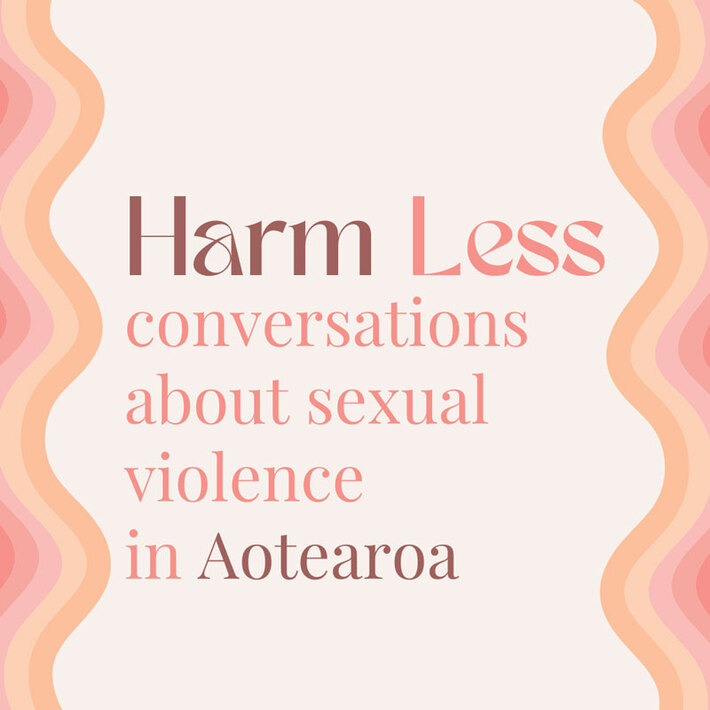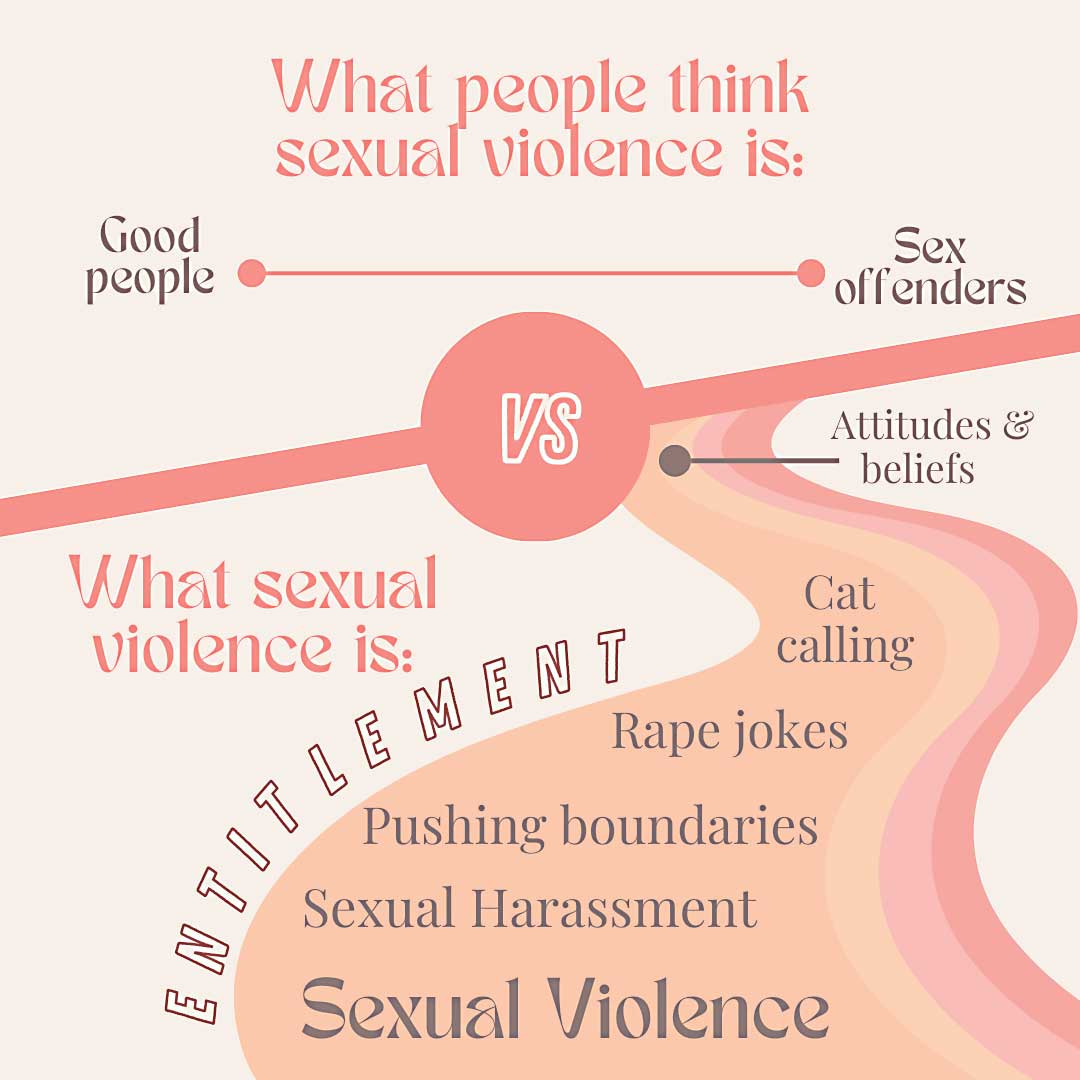

18th of September, 2024

Aviva’s Harm Less podcast is now available on podcast platforms, featuring in-depth conversations with survivors, practitioners and policy makers about sexual violence in Aotearoa.
It is well documented that sexual violence is all too prevalent in our society. The past year has seen a deluge of headlines about sexual violence in this country. This can make it seem like sexual violence is inevitable. That, says Jo Bader, is a mistake. Jo is Aviva’s Senior Client Service Manager for Sexual Violence Services. Despite being incredibly familiar with the scale and impact of sexual violence in Aotearoa, she believes there is reason to be hopeful.
While the figures show that sexual violence is not decreasing, what these headlines (and the subsequent public outrage) demonstrate is a decrease in our collective tolerance of it. And, further, a reduction in the expectation that the burden of shame be carried by its victims.
Handled with warmth and sensitivity, it hosts kōrero with survivors, practitioners, policy makers and family members. Their conversations explore how we got to this point, and how we can change things. They do not shy away from nuance or complexity but keep content clear and accessible. This is important, because it’s a topic about which greater understanding is vital.
Why? Because collective outrage about certain headlines is just a starting point. It might seem like social change happens by osmosis. But it happens when people take action to create change. And when it comes to sexual violence, every single one of us can take action.
If that sounds daunting to you, fair enough! We’ve just told you that sexual violence is an enormous problem, that it is complicated, and that successive governments, policymakers, and communities across the country haven’t managed to solve it yet. What can lil’ old you do?

Luckily, you don’t have to do anything – we’re not asking you to donate money, or volunteer your time; nobody expects you to patrol your local bus stop, or create a detailed spreadsheet which ranks your peers’ behaviour from most-least problematic.
But we are asking everyone to stop tolerating sexual violence and the things that cause it. Sexual violence and its complexity have been hidden, or seen as one dimensional, for too long. As a result, most people don’t know how to be part of the solution. We are asking people to engage in the kōrero. Change will only happen when awareness becomes understanding, and understanding becomes meaningful, sustained action.
Alongside Harm Less sits Aviva’s Asking for it.. to Stop campaign – a digital guide to being an Upstander (someone who stands up against sexual violence and the attitudes which cause it). This campaign ran in April of 2024 and its resources are available for everyone (including its social media tiles).